Obsessive-Compulsive Disorder (OCD) is a condition in which individuals have recurring, unwanted thoughts, ideas or sensations that drive them to do something repetitively. These repetitive behaviours can significantly interfere with a person’s daily activities and social interactions.
When an individual has OCD, they may try to ignore or stop their obsessions, but this may only increase their distress and anxiety. They may feel driven to perform repetitive and compulsive acts to try and ease their stress. Despite efforts to ignore bothersome thoughts, they keep coming back.
Symptoms of OCD
OCD symptoms generally include both obsessions and compulsions. However, it's also possible to have only obsession symptoms or only compulsion symptoms.
Examples of obsession signs and symptoms include:
- Having doubts that you've turned off the stove or locked the door
- Intense stress when items aren't orderly or facing a certain direction
- Fear of getting dirty by touching items others have touched
- Avoidance of situations that may trigger obsessions, such as shaking hands
Examples of compulsion signs and symptoms include:
- Excessive hand-washing
- Repeatedly checking the stove to ensure it's turned off
- Repeatedly checking doors to ensure they're locked
- Counting in certain patterns
- Silently repeating a word or phrase
- Arranging items to face the same way
Treatment for Obsessive-Compulsive Disorder (OCD)
Treatment involves both medicine and therapy. Cognitive behavioural therapy may also be used. During this kind of talk-and-do therapy, the patient learns about OCD and begins to understand it better. They also learn ways to face fears, cope with them, and resist doing repetitive things.
In terms of treating children, Dr Khabisi also coaches parents on how they can help kids feel better. Parents learn how to respond better to OCD situations, and how to support their child's development without giving in to repetitive activities.
If you or a loved one are experiencing symptoms of OCD, contact Dr Khabisi. He will make a complete diagnosis and develop a treatment plan to manage the symptoms of OCD successfully.
